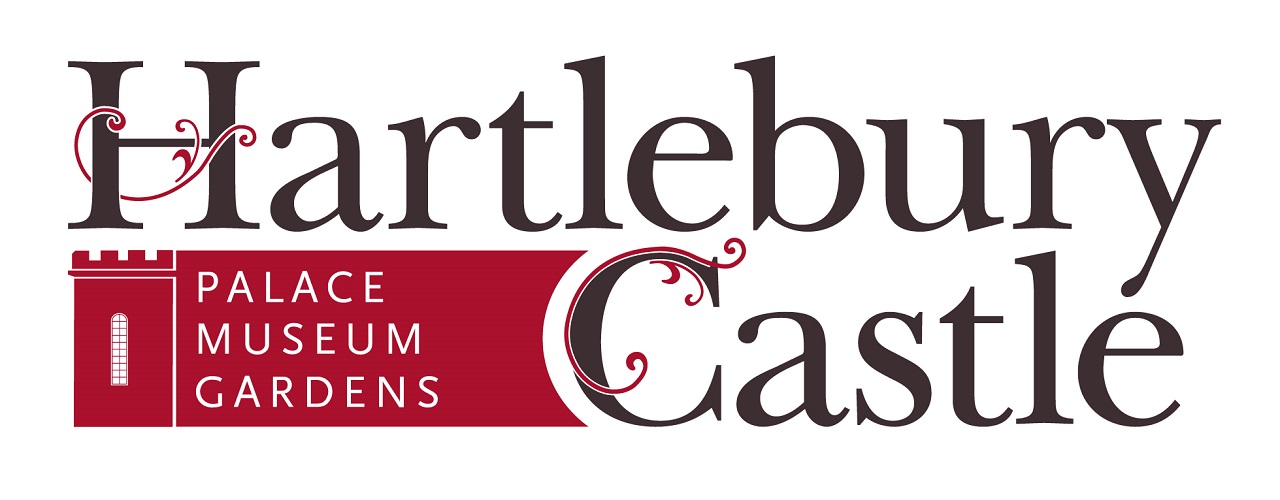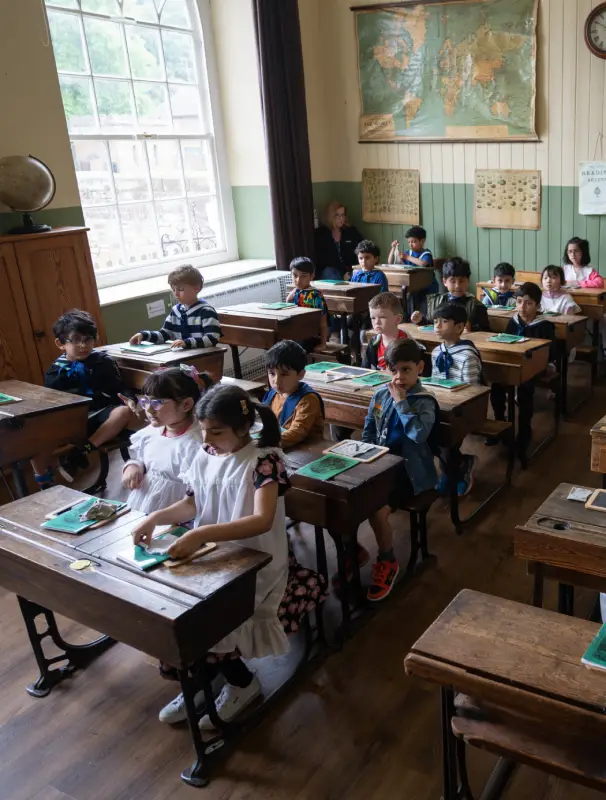Outreach
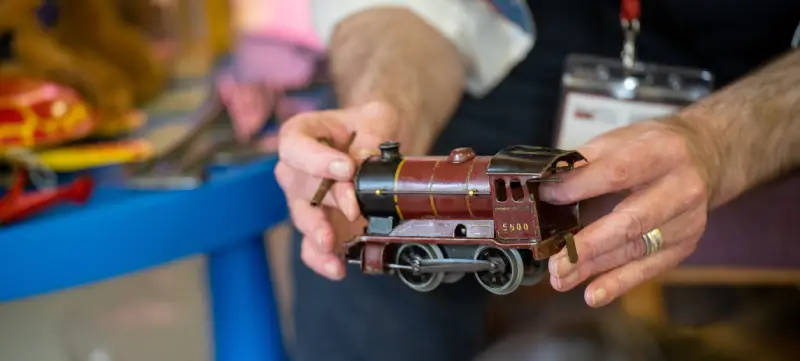
What is Outreach?
Museums Worcestershire can bring history and art into your school or setting through outreach sessions.
Through our outreach programme, museum professionals can deliver hands-on workshops and sessions in your school, allowing young learners to get up close to fascinating objects and artefacts from the collection.
Take a look through the sessions:
We offer the following topics for schools. Please bear in mind that these sessions are guidelines and can be adapted to suit your pupils’ age and SEND requirements or your educational programme.
Pepys, Pudding and Pox
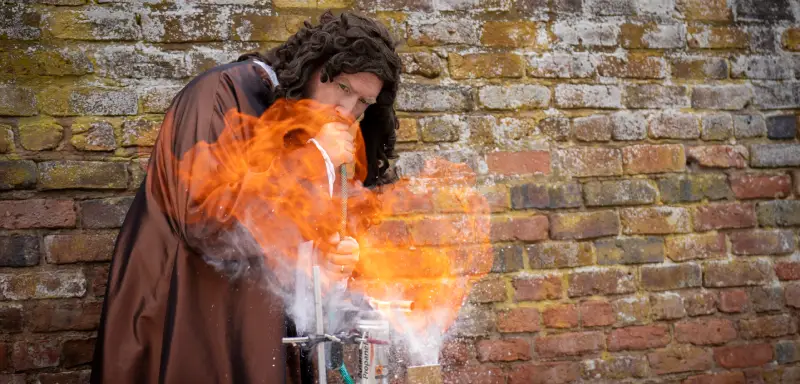
A costumed workshop leader, in the role of Pepys, will use extracts from Pepys’ diary to talk to children about the Great Fire of London (1666) and the Great Plague (1665).
The second part of the session is a carousel of hands-on activities including using maps to identify key places in London, writing in code and sorting what burns and what does not.
The session also includes a fire tornado demonstration and a science experiment to show how the fire started.
Why do we remember Florence Nightingale?
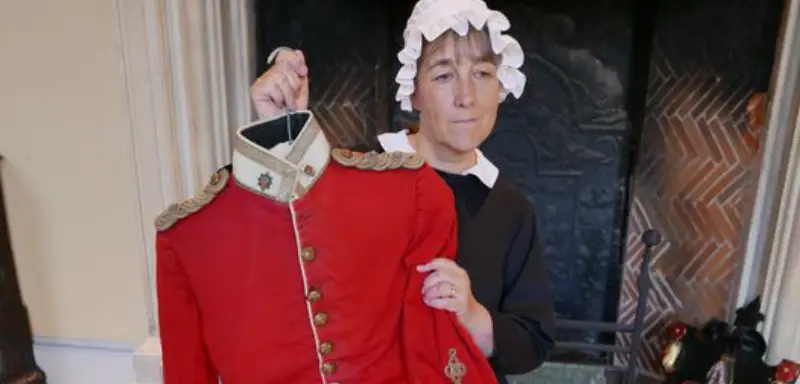
Children will gain an understanding of the life and work of Florence Nightingale, her journey to the Crimea and what was important about Florence that merits us remembering her.
A costumed workshop leader can visit your school and look at Florence’s life and work using pictures and objects. This is followed by a carousel of hands-on activities including: bandaging, investigating Florence’s journeys on a map, matching old and new object pictures, drawing, cleaning and washing and investigating museum objects that Florence may have recognised.
Toys From the Past
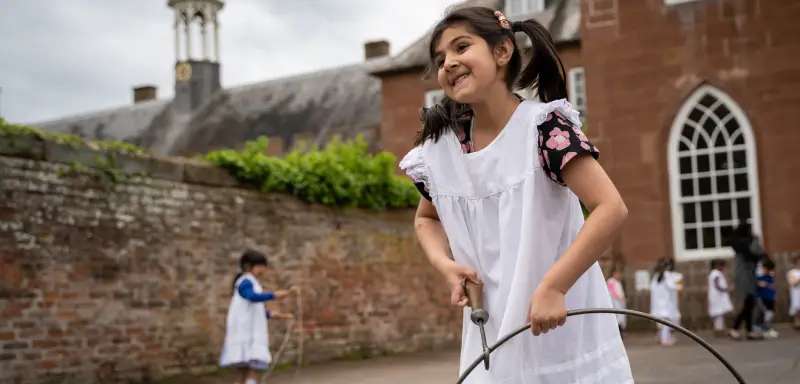
A hands-on activity looking at the similarities and differences between toys today and toys in the past.
Using toys from the Museum’s handling collection staff will create a timeline, looking at what materials toys are made from, how toys work and who might have played with them.
Children will have an opportunity to play with some of the toys and look at some of the museum’s collection of special toys.
Life on the Home Front
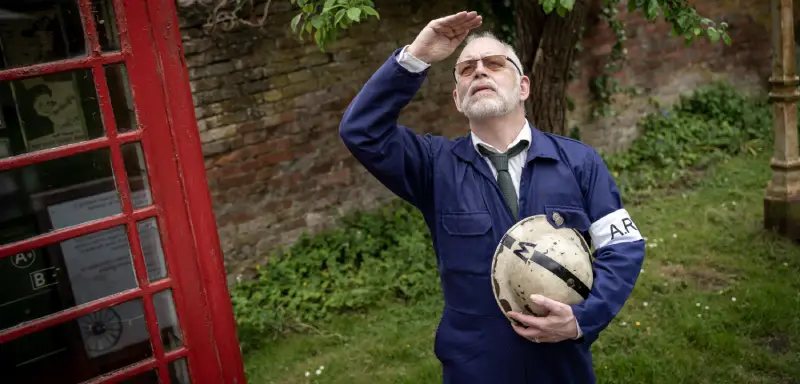
A WW2 costumed workshop leader will come to your school to show you what life was like on the Home Front during the Second World War.
During an introductory talk children will find out about rationing, evacuation, salvage collection, air-raids and shelters. This will be followed by series of hands-on activities, including tasks for children around the home such as laundry, packing a suitcase, wartime toys, dressing up and shopping.
Below Stairs
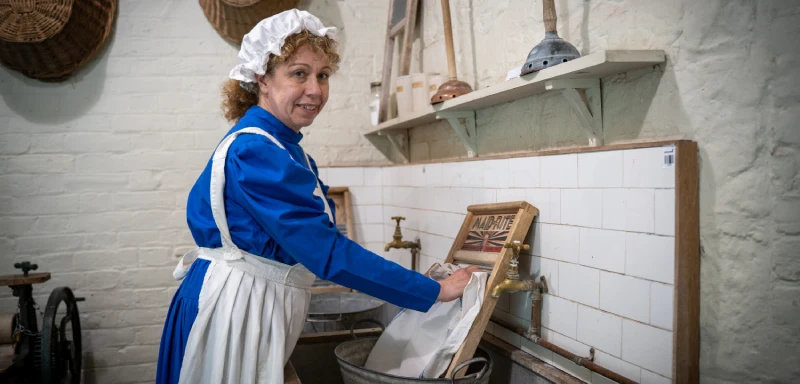
Our costumed workshop leader will visit the school in the role of one of the Castle’s servants.
They will explain about the conditions of employment, contrasting a servant’s lifestyle with that of his or her employer. They will then explain about wide variety of duties the servants carried out in a typical upper-middle class Victorian household using equipment of the period.
Children will have the opportunity to take part in a carousel of practical activities, including washing, ironing and cleaning, as well as handling original Victorian objects.
Romans
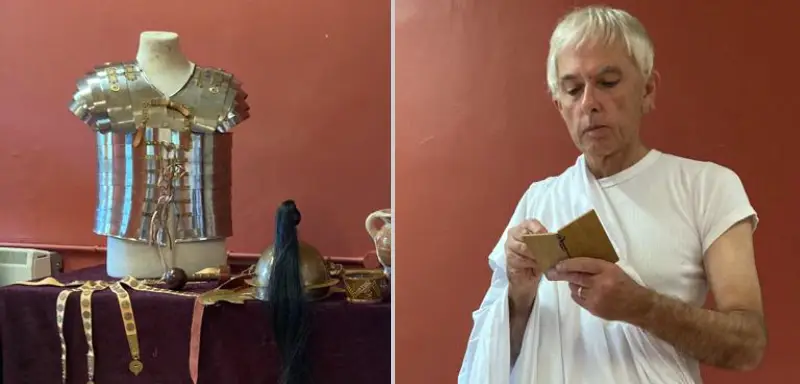
Find out about war and peace during the Roman period through the eyes of the Roman poet, Horace.
After hearing about Horace’s life as a soldier, children will have the opportunity to learn some basic drill commands and put them into practice as well as look at how the Romans built their straight roads.
The second half of the workshop focuses on Horace’s domestic life, the bath house, Roman mealtimes and education. Children will then plan a Roman feast using recipes available at the time.
Get in touch
Submit an enquiry form or give us a call on 01299 250416 if your query is urgent.
Bring your class to Hartlebury Castle
Be immersed in a Victorian schoolroom, explore “below stairs”, and more!
Find out about school visits to Hartlebury Castle.
Where to find the County Museum at Hartlebury Castle
Make an enquiry
For more information, to discuss or make a booking with Worcestershire County Museum, please submit an enquiry form and the team will be in touch as soon as possible.
If your query is urgent, contact the Learning Team on 01299 250416.

